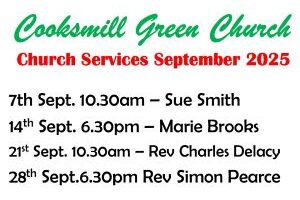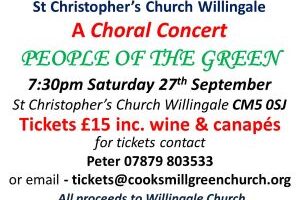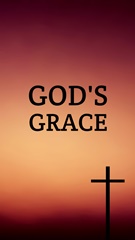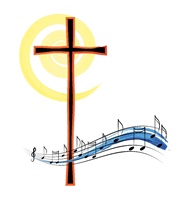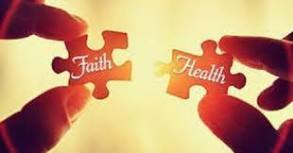Thought for the Month October 2021
“God doesn’t do fairness”
I don’t often shout at our TV set, but hearing this, I could barely restrain my anger. It came in a programme about the murder of Rachel Nickell – her son, who at the age of 2 witnessed the attack and was also injured in it, was returning to the UK and speaking for the first time to people involved in the investigation. When he confronted a reporter about the appalling behaviour of the press towards his father, that’s what the man said.
The word “evil” was only used once in the programme, and it referred not to the murder, which self-evidently was evil, but to the way the media covered it at the time – reporters chanting racist abuse at the father, for example, for refusing to pose for a photo. To me, it felt as if the reporter who spoke on the programme was abdicating all moral responsibility for what happened – for the behaviour of the group, and his own part in it. Even looking back and seeing the pain this had caused, there was no expression of remorse. If there was pain, to him it was God’s fault.
We live in a world where dreadful things happen. But is this a sign of God’s unfairness?
When an aeroplane crashes, was it because God failed to intervene? Or was it because if you go up into the skies in a tin can loaded with volatile fuel, statistically an accident will eventually happen?
How many of what some people still call “acts of God” – flood, famine, drought – are actually caused in essence by human behaviour?
How many of the ignorant bigots who claimed that the AIDS epidemic was God punishing homosexuals have postulated that he has it in for the victims of COVID as well?
But of course, there are still so many examples of needless suffering in the world, or events where a slight change might have led to a hugely different and, presumably better, outcome. Do we lay the blame for these at God’s door? It’s a huge question and better minds than mine (there are a few!) have grappled with it, sometimes in vain; I can only offer my own view, for what it’s worth. I think we have first to go back to the beginning, and in our case, this means the story of Adam and Eve. It is capable of several interpretations, but all of them confront the question of why the world is like it is, why something that could have been perfect manifestly isn’t. To me, it is about Man seizing the chance to choose, to make moral choices, and God’s response that Man then accepts the moral responsibility for those choices and also their consequences. And in seeking power and pursuing self-interest, inevitably there will be suffering and inequality; there will be change and impermanence; and these are the terms on which we have the world, with mutability and ageing and death built into what it is to be human.
This may be the deal, but look at the small print, and the big print too.
The world also has grace, and this seems to be part of the equation too. People given terminal diagnoses recover. You just miss the Underground train that had the bomb on it. You give birth to a child and experience joy – after pain – that you didn’t dream was possible.
If God is unfair, he errs (if that is possible!) on the side of generosity. We come into this world with a huge credit balance of grace. For us to get here, our ancestors survived the Black Death, wars, plague, pestilence; if they fought in the First World War they survived it; and the Second. My mum survived diphtheria and scarlet fever, so I made it here. The line of descent that links her back through the centuries to Adam and Eve was not broken. Hurrah! (Some might say.)
What happened to Jesus wasn’t fair. It was a fixed trial. The wrong man got free. But through that came redemption and reconciliation of God and man. It was so great an offering of himself that my humble mind can’t fully grasp it, but can only be amazedly grateful for the mystery of such grace.
It seems to me that what we have to do is to make grace more possible, to provide openings in this world for grace to operate. Just as the doctor’s skill provides the possibility of healing when all hope seemed gone, so too we can bring cure and comfort to our fallen world. When King Lear goes out into a pitiless storm, he prays that all those with wealth and power will show compassion to those without it, “shake the superflux to them / And show the heavens more just”. We can through our actions, with what we do with who we are, and what we have, be agents for the stupendous, undeserved yet freely given, love of God.
DAVID
ALMIGHTY God, Father of all mercies, we thine unworthy servants do give thee most humble and hearty thanks for all thy goodness and loving-kindness to us and to all men. We bless thee for our creation, preservation, and all the blessings of this life; but above all for thine inestimable love in the redemption of the world by our Lord Jesus Christ: for the means of grace, and for the hope of glory. And we beseech thee, give us that due sense of all thy mercies, that our hearts may be unfeignedly thankful, and that we show forth thy praise, not only with our lips, but in our lives; by giving up ourselves to thy service, and by walking before thee in holiness and righteousness all our days; through Jesus Christ our Lord, to whom with thee and the Holy Ghost be all honour and glory, world without end. Amen.
